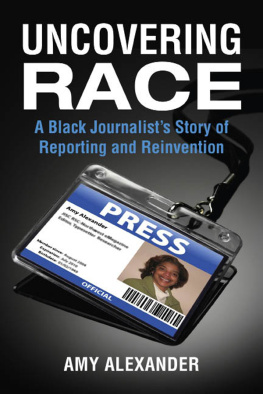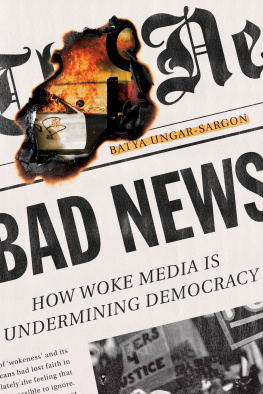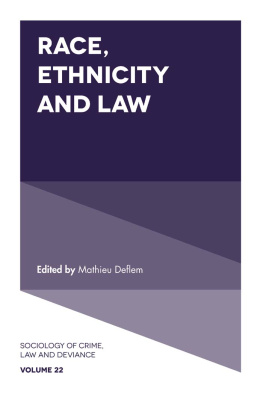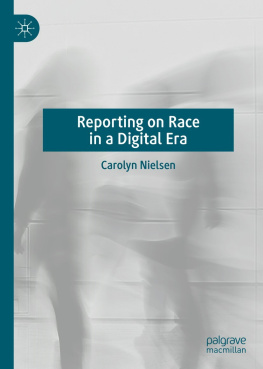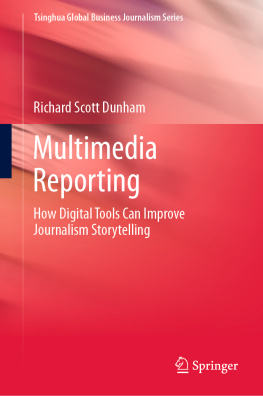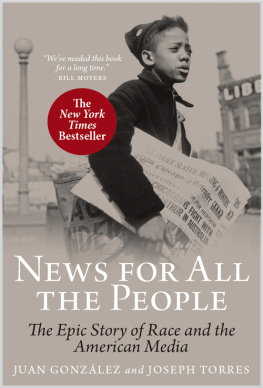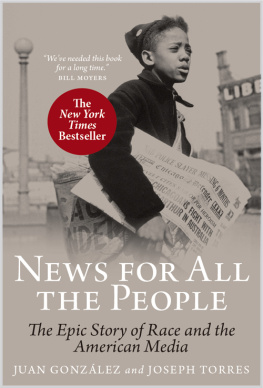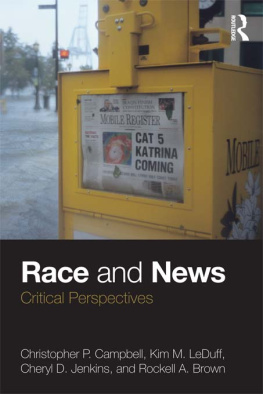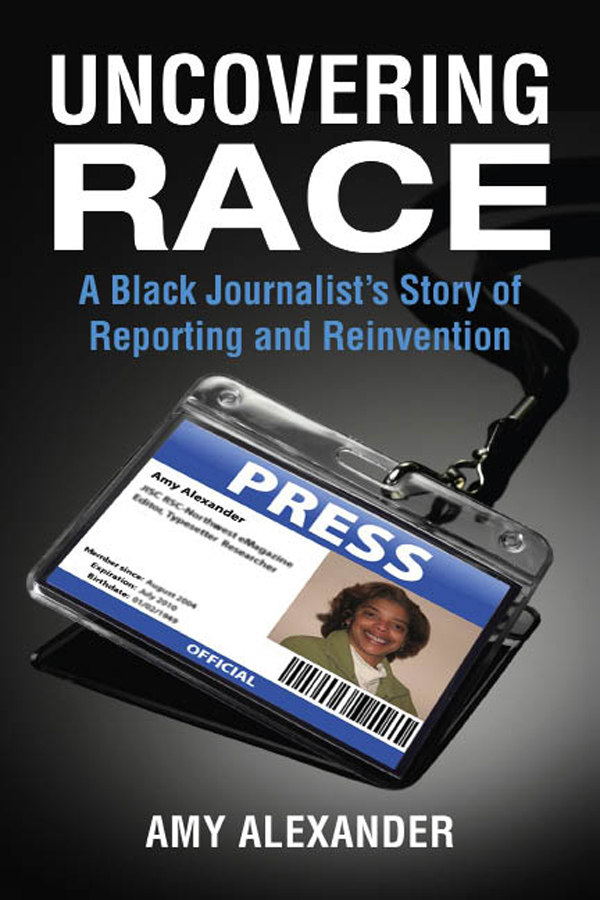Amy Alexander - Uncovering Race: A Black Journalists Story of Reporting and Reinvention
Here you can read online Amy Alexander - Uncovering Race: A Black Journalists Story of Reporting and Reinvention full text of the book (entire story) in english for free. Download pdf and epub, get meaning, cover and reviews about this ebook. year: 2011, publisher: Beacon Press, genre: Politics. Description of the work, (preface) as well as reviews are available. Best literature library LitArk.com created for fans of good reading and offers a wide selection of genres:
Romance novel
Science fiction
Adventure
Detective
Science
History
Home and family
Prose
Art
Politics
Computer
Non-fiction
Religion
Business
Children
Humor
Choose a favorite category and find really read worthwhile books. Enjoy immersion in the world of imagination, feel the emotions of the characters or learn something new for yourself, make an fascinating discovery.
- Book:Uncovering Race: A Black Journalists Story of Reporting and Reinvention
- Author:
- Publisher:Beacon Press
- Genre:
- Year:2011
- Rating:4 / 5
- Favourites:Add to favourites
- Your mark:
Uncovering Race: A Black Journalists Story of Reporting and Reinvention: summary, description and annotation
We offer to read an annotation, description, summary or preface (depends on what the author of the book "Uncovering Race: A Black Journalists Story of Reporting and Reinvention" wrote himself). If you haven't found the necessary information about the book — write in the comments, we will try to find it.
From the Rodney King riots to the racial inequities of the new digital media, Amy Alexander has chronicled the biggest race and class stories of the modern era in American journalism. Beginning in the bare-knuckled newsrooms of 1980s San Francisco, her career spans a period of industry-wide economic collapse and tremendous national demographic changes.
Despite reporting in some of the countrys most diverse cities, including San Francisco, Boston, and Miami, Alexander consistently encountered a stubbornly white, male press corps and a surprising lack of news concerning the ethnic communities in these multicultural metropolises. Driven to shed light on the race and class struggles taking place in the United States, Alexander embarked on a rollercoaster career marked by cultural conflicts within newsrooms. Along the way, her identity as a black woman journalist changed dramatically, an evolution that coincided with sweeping changes in the media industry and the advent of the Internet.
Armed with census data and news-industry demographic research, Alexander explains how the so-called New Media is reenacting Old Medias biases. She argues that the idea of newsroom diversityat best an afterthought in good economic timeshas all but fallen off the table as the industry fights for its economic life, a dynamic that will ultimately speed the demise of venerable news outlets. Moreover, for the shrinking number of journalists of color who currently work at big news organizations, the lingering ethos of having to be twice as good as their white counterparts continues; it is a reality that threatens to stifle another generation of practitioners from non-traditional backgrounds.
In this hard-hitting account, Alexander evaluates her own career in the context of the continually evolving story of Americas growing ethnic populations and the homogenous newsrooms producing our nations too often monochromatic coverage. This veteran journalist examines the major news stories that were entrenched in the great race debate of the past three decades, stories like those of Elin Gonzlez, Janet Cooke, Jayson Blair, Tavis Smiley, the tragedy of Hurricane Katrina, and the election of Barack Obama.
Uncovering Race offers sharp analysis of how race, gender, and class come to bear on newsrooms, and takes aim at mainstream medias failure to successfully cover a browner, younger nationa failure that Alexander argues is speeding news organizations demise faster than the Internet.
Amy Alexander: author's other books
Who wrote Uncovering Race: A Black Journalists Story of Reporting and Reinvention? Find out the surname, the name of the author of the book and a list of all author's works by series.

